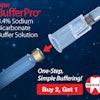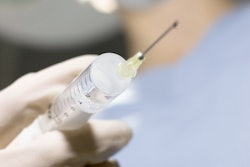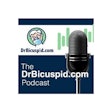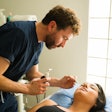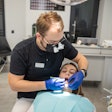Dear Anesthesia & Pain Management Insider,
Supplemental regional anesthesia may reduce opioid use in patients following microvascular free flap reconstruction of the oral cavity. The study was published in the Journal of Oral and Maxillofacial Surgery.
Regional anesthesia was not associated with adverse events or more days in the hospital. The study represents the largest prospective analysis of regional anesthesia and opioid use following oral cavity free flap reconstruction, the authors wrote. Read more in our Insider Exclusive.
Another study in the Journal of Oral and Maxillofacial Surgery reveals that telling patients what to expect before third-molar extraction may help reduce their dental anxiety and postoperative pain. Though third-molar extractions can be an anxiety-provoking procedure for many, how it is explained to patients can affect their anxiety and postsurgical pain.
Are your patients arriving at their dental appointment high on marijuana or other drugs? You're not alone. Not only have about half of U.S. dentists reported having patients show up high, but more patients are telling clinicians that they regularly use cannabis now that it has been legalized in 21 states and the District of Columbia, according to the ADA.
Also in our Anesthesia and Pain Management Community, buccal infiltration with 4% articaine may achieve a comparable anesthetic effect to inferior alveolar nerve block with 2% lidocaine when performing pulp therapy in children's lower jaw molars, according to a study in the Journal of Evidence-Based Dental Practice. Buccal infiltration with articaine may not be the gold standard when performing dental treatment on primary mandibular molars, but it may be the better choice for kids.
Finally, patients with a common type of temporomandibular disorder (TMD) had lower calcium and vitamin D levels, indicating that calcium metabolism may be linked to these jaw conditions. The study in the Journal of Stomatology, Oral and Maxillofacial Surgery revealed that those with temporomandibular joint disk displacement with reduction had deficiencies of calcium and vitamin D compared to patients who did not have TMDs.



